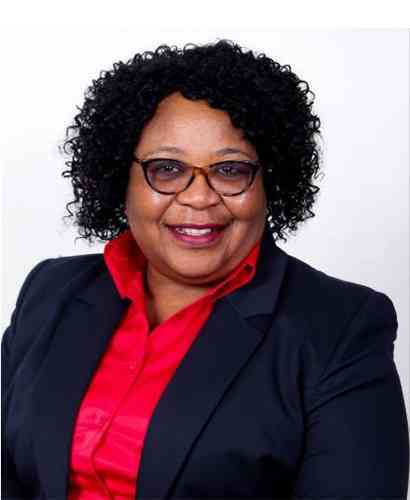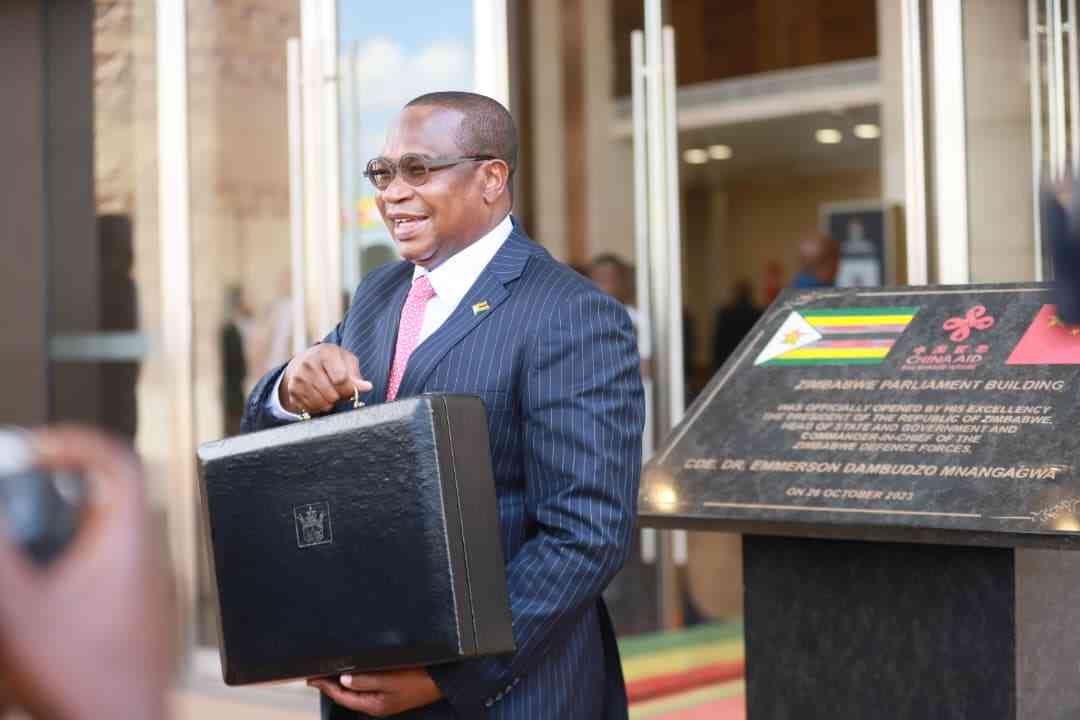
Figures talk in doing business for financial sustainability and viability.
However, it has been worrying to observe that a number of lucrative and promising entrepreneurial ventures with attractive brands have failed to thrive in the VUCA 21st century environment due to failure to maintain financial wellness.
Going into the focus of this edition most of our entrepreneurs have labelled themselves as non-financial/ non-accounting oriented.
Then one will wonder how their finances, profits and investments are being managed. Food for thought here.
Financial wellness does not end on having systems that capture and process information pertaining to financial transactions, such as invoicing and receipting, as adequate for monitoring business sustainability and viability.
That is the same reason they are surprised when after establishing a sturdy brand the venture falls into financial distress.
More should be done in this area otherwise we keep on establishing businesses for closure if not extinction.
In rare cases upcoming entrepreneurs are mindful of the need to prepare regular financial reports.
- Awards target married couples
- Awards target married couples
- Sibanda living his writing dream
- Pomona deal under spotlight as experts meet
Keep Reading
Yet these are the same documents for further business ventures and capitalization.
When you need to further borrow capital from local and international financial institutions they require these blueprints.
Of course there is need to seek financial/accounting consultation for some system integration but day to day operations also needs that knowledge from our entrepreneurs.
As we move forward it should be understood that financial well-being of an entity is not restricted to bookkeeping issues and financial reporting as it encompasses making decisions on sources of financing the entrepreneur’s operations, selecting investment options that maximise returns earned by the entrepreneurial venture while minimising risk as well as choosing the most financially viable profit distribution alternatives.
Finance and accounting are thus an integral part of the wellness of any viable entrepreneurial venture and the establishment of a sustainable brand; as such it should be encompassed in all the stages of a business life cycle including planning, organizing, coordinating, leading and controlling of resources.
In addition finance and accounting are an anchor as they support all the other departments namely sales, marketing and distribution production; research, development and innovation as well as production.
So as to ensure the smooth operation of sustainable entrepreneurial ventures with unique brands that make them stand out in this competitive 21st century environment.
Without robust internal systems, maintaining financial wellness in the current uncertain and complex economic environment becomes challenging even for the most established businesses.
More than before, it has become imperative for entrepreneurs to make visionary strategies that foster business financial wellness in the midst of rapid dynamic technological, social, economic, cultural as well as political changes further compounded by globalisation and increased competition.
In Zimbabwe hyper-inflation coupled with the use of multiple currencies as well as currency reforms have made incorporation of entrepreneurial financial visioning a must do through formulating as well as implementing strategies that challenge informed sustainability.
Since then financial engineering and financial modeling have become vital for entrepreneurial growth.
The current scenario where transactions and events are being exchanged using multiple currencies with the most popular being the United States dollar (USD), the rand as well as the local currency.
The local currency, on the other hand, is being made using various platforms with each platform having different financial implications depending on how it is perceived; thus some entrepreneurs have different exchange rates for different platforms used.
Furthermore, the exchange rates being used are varying from supplier/ entity with others following the prevailing official bank rate while others prefer the parallel market rates.
Of late, the local currency changed from the ZWL/ bond to ZiG; thus transactions were captured in ZWL/ bond as from January to April 7 and from April 8 transactions are in both ZWL/ bond and ZiG for the next two weeks after which all transactions will be in ZiG as ZWL/ bond will have been phased out.
The transactions captured using these different currencies have to be processed to produce information that is reliable, comparable, relevant, consistent, understandable and accurate information for entrepreneurs to use in making financing, investment as well as profit distribution decisions.
Thus in the advent of these complexities entrepreneurs need to go beyond book-keeping and invest in accounting systems and financial models that ensure financial reporting provides useful information.
Entrepreneurial decision is not a walk in the park especially without tools/ packages that make use of mathematical analysis techniques to provide various alternatives in solving financial problems.
Models will provide relevant faithfully represented information as and when required, and in a format that is user friendly.
They are also interactive and customised for entrepreneurial venture’s environment as well as stakeholders – enabling them to provide that is relevant to the entrepreneur.
- Dr Farai Chigora is a businessman and academic. He is the head of management and entrepreneurship at the Africa University’s College of Business, Peace, Leadership and Governance. His doctoral research focused on business administration (destination marketing and branding major, Ukzn, SA). He is into agribusiness and consults for many companies in Zimbabwe and Africa. He writes in his personal capacity and can be contacted for feedback and business at fariechigora@gmail.com, www.fachip.co.zw, WhatsApp mobile: +263772886871
- Ngonidzashe Elizabeth Chirima is an entrepreneur and a seasoned academic, currently a Doctor of Business Administration candidate (Binary University, Malaysia) whose research focus is financial retirement planning, She is a lecturer in the Accounting and Finance Department at Africa University in the College of Business, Peace, Leadership and Governance. She writes in her personal capacity and can be contacted on ne4liz@gmail.com , +263772811598.










